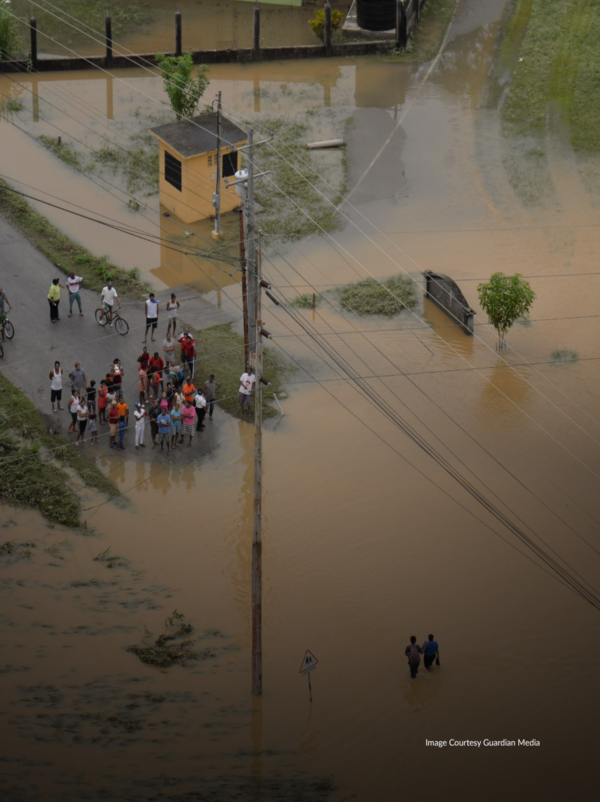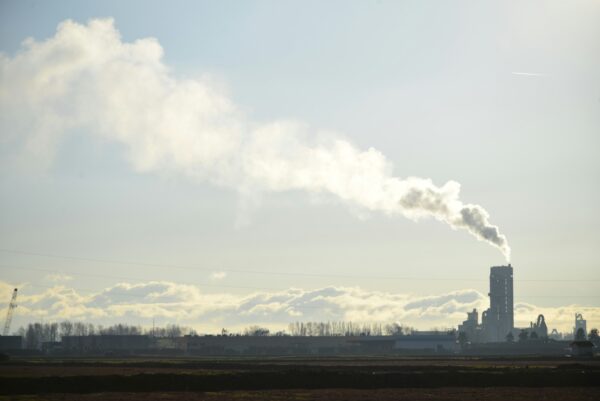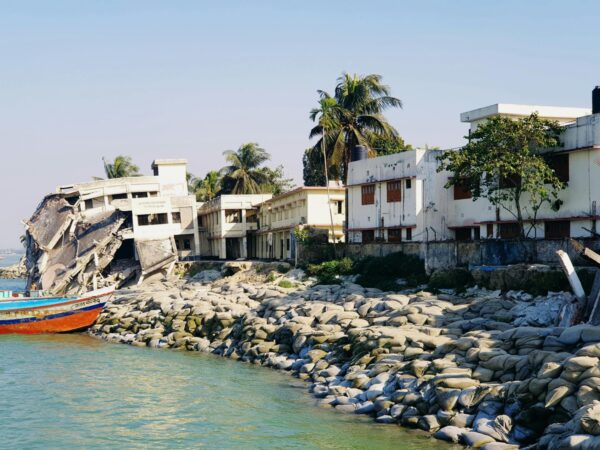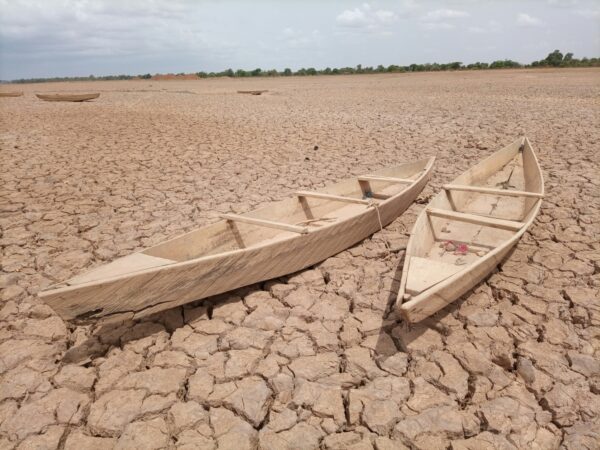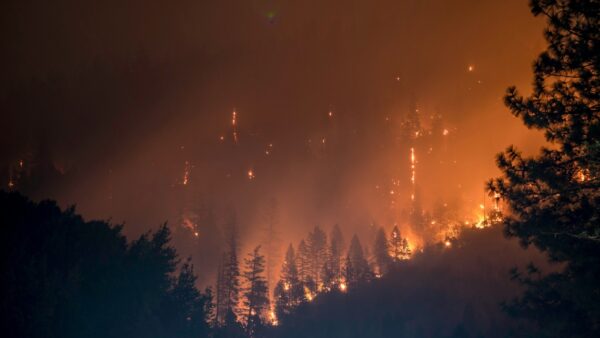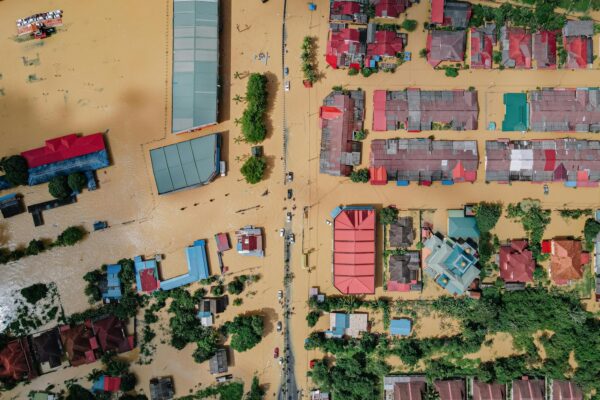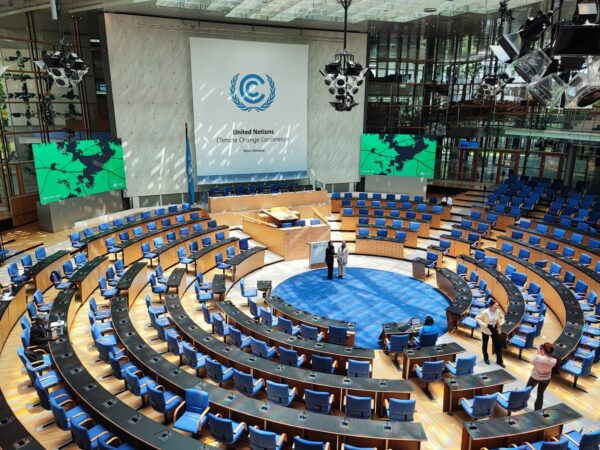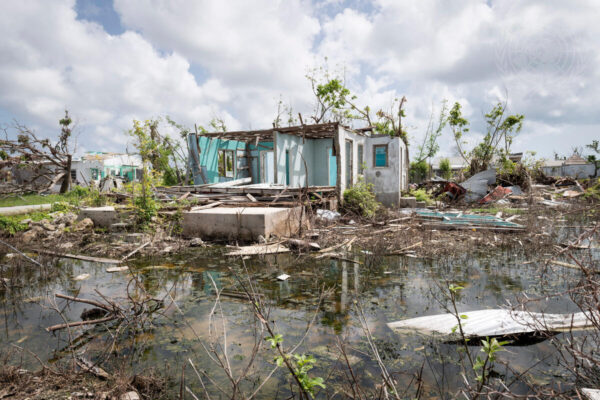Climate justice and loss and damage: perspectives from the global south
Authors

The breakthrough decision at the 27th Conference of Conference of the Parties (COP 27) to the United Nations Framework Convention on Climate Change (UNFCCC) in December 2022 in Sharm el-Sheikh, Egypt to establish new loss and damage funding arrangements, including a fund for loss and damage, has garnered increased attention and interest on the topic globally.
Human-induced climate change has led to devastating impacts and related losses and damages for many regions, countries and communities across the globe which will losses will escalate with increasing global warming (IPCC 2023). If this warming exceeds 1.5°C, risks and impacts will become even more pronounced and will become increasingly difficult to avoid. Such losses and damages include loss of lives and livelihoods, degradation of territory, farmland, cultural heritage, indigenous knowledge, societal and cultural identity, biodiversity, and ecosystem services.
However, losses and damages are unequally distributed around the world and is being disproportionately experienced by developing countries, particularly Small Island Developing States (SIDS) and Least Developed Countries (LDCs) and by vulnerable groups such as indigenous peoples, women, children, the elderly, rural communities and low income groups who have been the least responsible for greenhouse gas emissions.
Losses and damages due to climate change can exacerbate existing social and economic inequalities and social injustices faced by vulnerable populations which can threaten fundamental human rights.
Loss and damage therefore can be considered a matter of climate justice. Climate justice emphasises that the causes and impacts of climate change are not distributed nor experienced equally. It also highlights the fact that existing structural, systemic and historical factors have led to these inequities and as such, global action on climate change demands more inclusive, just and nuanced approaches.
This article, published in the Austrian Foundation for Development's 2023 report — Green Development Finance? From Climate Crisis to Global Justice — provides an overview of the loss and damage debate, through a climate justice lens, and its relevance in ensuring equity and justice for the Global South, with particular emphasis on SIDS and LDCs.
In sections 2 and 3 of the article, the term loss and damage will be unpacked and the history of loss and damage in the UNFCCC will be outlined. Section 4 provides an overview of the latest developments on the new loss and damage fund and funding arrangements including key priorities for developing countries on loss and damage finance. Finally, Section 5 concludes on the state of play for operationalising the new loss and damage fund at COP 28 and how that aligns with climate justice for the Global South.

